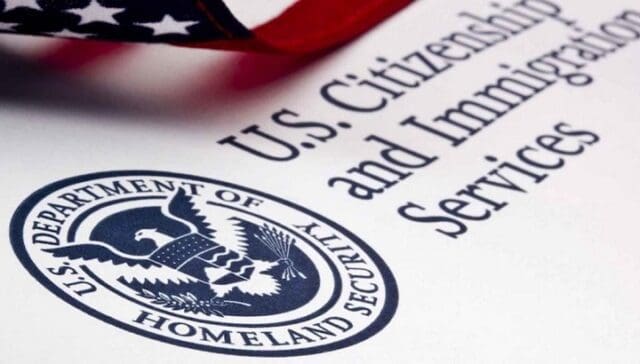
Are you an individual with exceptional abilities seeking to work and live permanently in the United States? If so, navigating the U.S. immigration system can be a complex and daunting task.
However, with the latest policy guidance from the U.S. Citizenship and Immigration Services (USCIS) on the E11 EB-1 immigrant visas, the path to obtaining your visa may be clearer than ever before.
U.S. Citizenship and Immigration Services has issued updated policy guidance to clarify the types of evidence that may be evaluated to determine eligibility for the extraordinary ability EB-1 immigrant visa.
The updated guidance clarifies the following on EB-1 visa:
-USCIS considers an individual’s receipt of team awards under criterion for lesser nationally or internationally recognized prizes or awards for excellence in their field.
-Past memberships are considered under membership criterion.
-The agency removed language suggesting published material must demonstrate the value of the individual’s work and contributions to satisfy the published material criterion.
-Regarding use of the term “exhibition,” the relevant regulation expressly modifies that term with “artistic,” such that USCIS will only consider non-artistic exhibitions as part of a properly supported claim of comparable evidence.
–
This policy update, effective immediately, is intended to provide more clarity and transparency to petitioners to help them submit appropriate evidence to establish a beneficiary’s eligibility.
What is EB-1 Immigrant Visa
An EB-1 visa is an employment-based visa that allows non-U.S. citizens to permanently live and work in the United States. It’s available to people with extraordinary ability in the sciences, arts, education, business, or athletics, as well as to outstanding professors and researchers, and multinational managers or executives.
The EB-1 visa is considered the easiest path to a green card, and visa holders usually have the shortest wait-time of all other green card applicants. Benefits of the EB-1 visa include:
-The ability to live and work in the United States
-The ability to travel freely in and out of the country
-The ability to bring a spouse and dependent children to the United States
The U.S. Citizenship and Immigration Services (USCIS) divides the EB-1 visa into three categories: EB-1A, EB-1B, and EB-1C. Each category has its own criteria for applying.
The annual limit for EB-1 visas is 28.6 percent of the worldwide employment limit. The annual limit resets with the start of the new fiscal year on October.
About the Author
Isaac Mbugua is a Senior Journalist and Digital News Writer at Diaspora Messenger News Media







